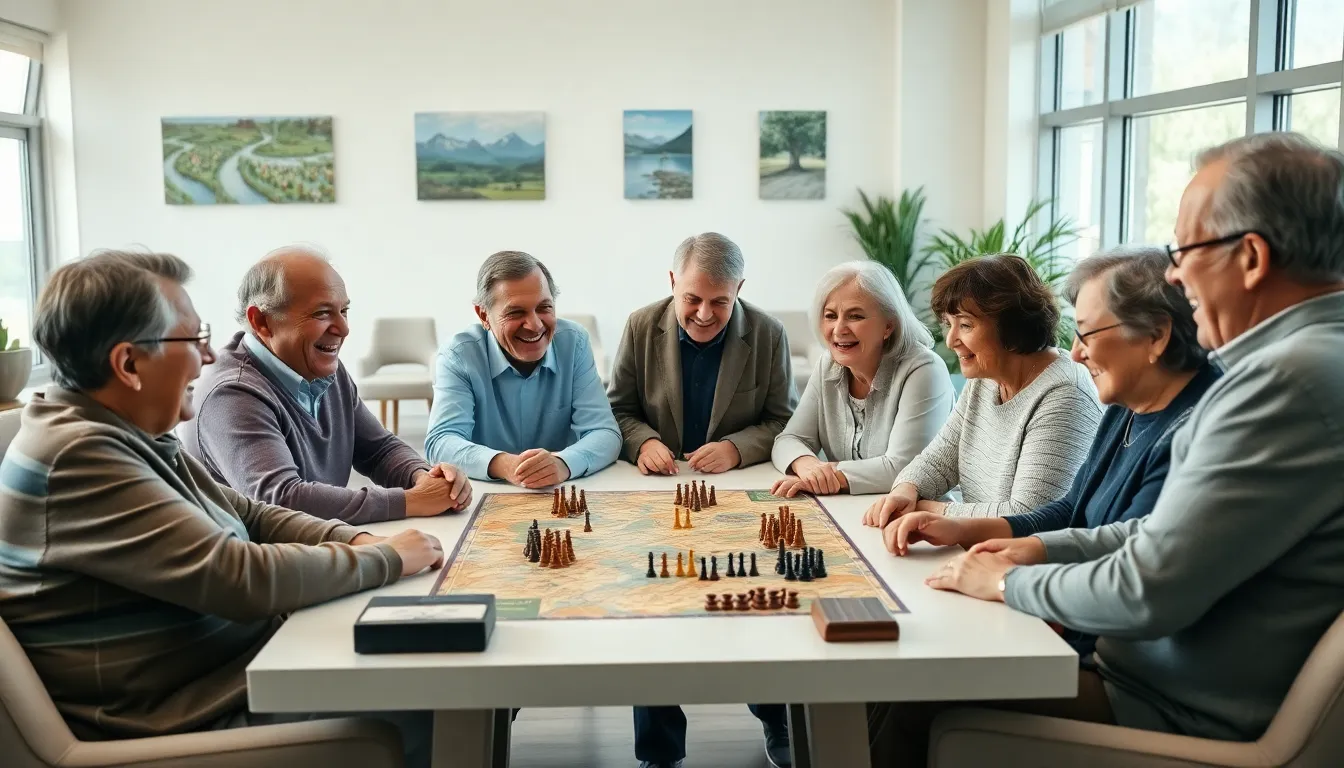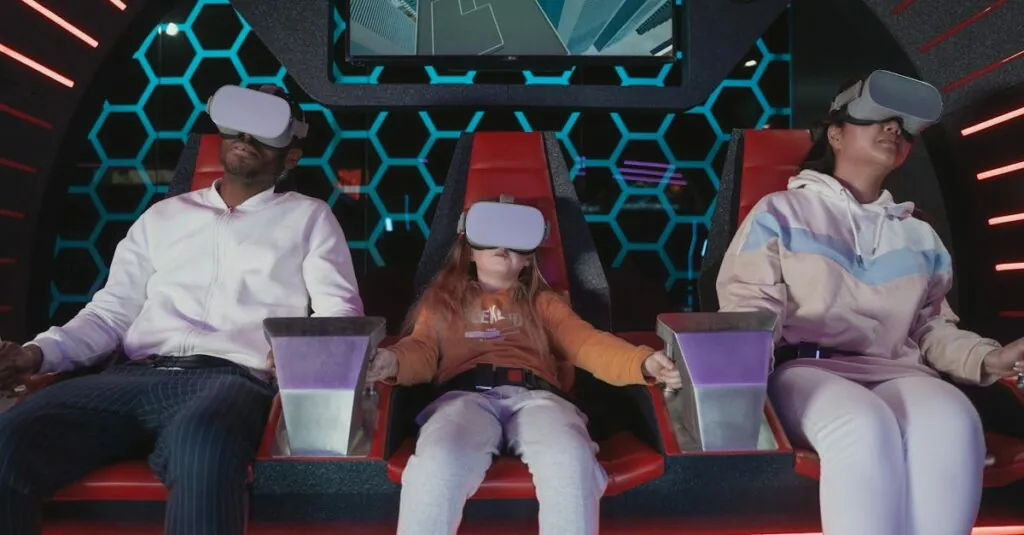War games aren’t just for the young and restless: they can also be a rich source of joy and engagement for seniors. Sure, when you think of war games, images of intense battle strategies and complex board layouts might come to mind, but it’s time to shift that perspective. These games not only sharpen the mind, they also foster friendships and camaraderie. If you’ve been looking for a way to enliven your elder’s daily routine while boosting their cognitive skills, you’re in the right place. Let’s jump into the world of war games, where strategy meets community, one hilarious dice roll at a time.
Table of Contents
ToggleThe Benefits of War Games for Seniors

Cognitive Development Through Strategy Games
War games are often designed to challenge players intellectually. For seniors, this provides an excellent opportunity for cognitive development. Engaging with complex strategies, remembering rules, and planning moves stimulates critical thinking. Studies have shown that regular participation in such activities can improve memory function, enhance problem-solving skills, and even delay the onset of cognitive decline. Can you imagine seniors reminiscing about their golden war gaming moments while effortlessly outsmarting the competition?
Social Interaction and Community Building
Beyond the cognitive benefits, war games also serve as social glue. They provide a platform for seniors to interact and form friendships. Imagine a cozy gathering where laughter fills the room, friends are strategizing over game pieces, and stories of past games are shared like trophies. Regularly playing games cultivates community, providing vital social interaction that can combat loneliness. After all, who wouldn’t want to forge new connections while plotting world domination?
Physical and Emotional Well-Being
Incorporating Physical Activity into Gameplay
Quite surprisingly, war games can also integrate physical activity, especially if played in a lively setting. Picture this: a game involving moving pieces across a large board spread out in a common area. Every twist of the game requires players to get up and stretch or even partake in light exercise designed around the game. Adding movement not only enhances physical health but brings extra fun into the mix, turning a simple game night into a mini workout.
The Emotional Impact of Gaming on Seniors
Types of War Games Suitable for Elders
Not all war games are created equal. When choosing suitable options, it’s essential to think about accessibility and engagement. Some games are visually stimulating, while others rely on intricate tactics best suited for those with sharper mental acuity. Look for titles that will resonate with their interests as well as challenge their skills.
Board Games: A Classic Approach
Board games like Risk or Axis & Allies have stood the test of time. They involve deep strategy while providing a tactile experience that many seniors appreciate. The physical board, colorful pieces, and rolling dice all stimulate the senses and spark nostalgia. Plus, they’re easily understandable and allow players to socialize around the table.
Digital and Online Options
Digital gaming is gaining traction among the elder demographic. Many modern games are designed with user-friendliness in mind, catering to players of all ages. Online platforms offer a range of war games that enable elderly players to engage with others around the globe or connect with family members. Imagine setting up a friendly game night over video chat, where grandparents can ambush their grandkids as they plot their way to victory.
Tips for Introducing War Games to Seniors
Choosing the Right Game for Your Loved One
Selecting the right game can feel daunting, but it doesn’t have to be. Start with games that match their interests or are reminiscent of their youth. Take cues from well-loved hobbies or topics. They might enjoy historical themes, classic battles, or perhaps memory-based games that evoke fond memories.
Creating a Comfortable Gaming Environment
Ensure that the gaming environment is inviting and comfortable. Clear the clutter from the table, have ample lighting, and provide comfortable seating. When seniors feel relaxed, they’re more likely to engage deeply with the game. Considering accessibility is vital, ensure that pieces are easy to handle and the game rules are clearly presented.
Encouraging Play and Participation
Organizing Game Nights for Seniors
Hosting regular game nights can significantly encourage participation. Consider rotating the host among friends for added fun. This not only builds relationships but also gives everyone something to look forward to. With scheduled game nights, it becomes a treasured routine rather than just another activity. After all, every good plan for world domination starts with a scheduling conflict.
Utilizing Technology to Connect Remote Players
In modern digital era, technology can effortlessly bridge distances. During those times when meeting in person isn’t feasible, recommend video chat platforms where they can engage with distant friends or family. This not only keeps the gaming spirit alive but offers a lifeline of interaction, maintaining those cherished social ties.





